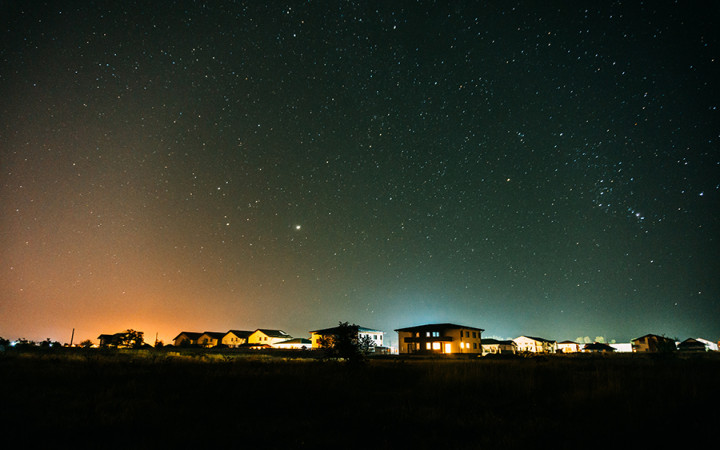Are you a night owl? For some people, the fun really begins when the Sun goes down. Take astronomers, for example. If you love to gaze at the stars, then the nighttime is your time.
Have you ever stared up at the night sky and thought about becoming an astronomer? It seems kind of exciting to think about a career observing and studying the planets, stars, and other things that make up our universe.
Plus, you'd get to use all sorts of cutting-edge technology, like space telescopes. You would probably soon learn a curious fact, though. Despite the WONDERs of modern technology, in some ways it was easier to be an astronomer hundreds of years ago.
But how could that be? Hundreds of years ago, technology was primitive. Back then, our understanding of the universe was nothing like it is today. And yet ancient astronomers had a huge advantage: they could see the stars in the night sky.
If you go outside after dark, you can probably see many stars on a clear night. But can you see the Milky Way galaxy arching across the night sky? In most places, the answer is probably not. The truth is that most of us can't see the Milky Way or even a fraction of the stars our ancestors could thanks to light pollution.
You're probably already familiar with air pollution and water pollution, but what is light pollution? It's usually defined as the excessive or inappropriate use of artificial light.
It has several components, including skyglow (brighter night skies over cities), light trespass (the presence of light where it's not needed), glare (brightness that hurts the eyes), and clutter (groups of light sources that create unnecessary brightness and confusion).
The sources of light pollution are easy to see. Just go outside after dark and look around at all the lights you see: street lights, exterior building lights, advertising signs, factories, to name a few. While many of these lights seem necessary, many are not.
Poor lighting design often results in light directed outward and upward, when it really only needs to be directed downward in a narrow area. Outdoor lights also tend to be brighter than necessary, wasting energy in the process.
The result of the proliferation of artificial lighting is that our nighttime skies glow, particularly around cities. A recent scientific study estimated that 80% of the world's population lives under skyglow.
You've probably lived with skyglow your entire life. Most people don't even know what they're missing by not being able to see a dark, star-filled sky. Astronomers know the difference, though. Light pollution continues to be a problem for modern astronomers, who must search diligently for the darkest places on Earth to set up their instruments.
If you're not into astronomy, light pollution might not seem like a big deal. Scientists, however, have begun to point out other negative effects of light pollution. For example, inefficient, unnecessary lighting needlessly wastes precious energy.
Scientists also believe light pollution disrupts nature and affects human health by disrupting the natural cycle of day and night. The effects of light pollution on nocturnal creatures, for example, are only beginning to be understood. Scientists believe light pollution could affect feeding, migration, and reproduction in many species.





